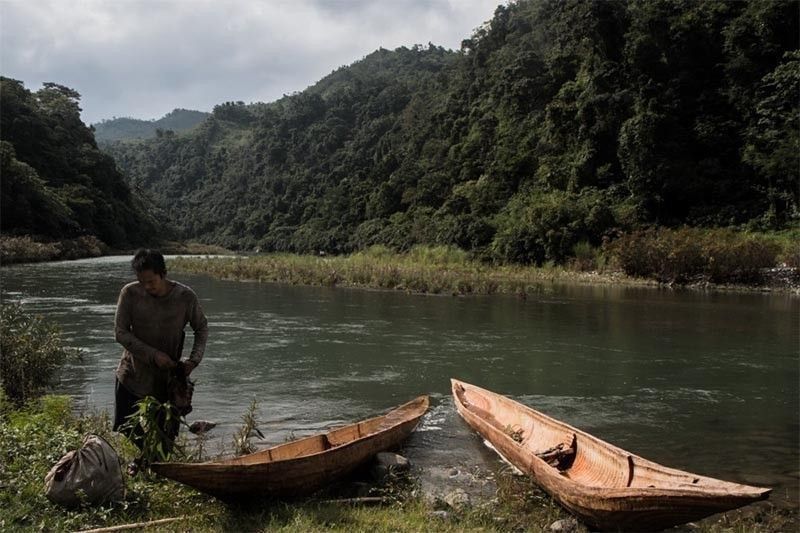Environmental advocates urge leaders to put nature on top of agenda

MANILA, Philippines — Filipino scientists and conservationists called on the Philippine government to put nature on top of its priority to prevent future pandemics similar to the new coronavirus and other threats to the survival of humans.
In an open letter ahead of the Earth Day, 300 environmentalists urged the country’s leaders to address biodiversity loss, climate change and ecological amnesia.
[National and local governments] must aggressively support the protection of remaining natural ecosystems and the restoration of destroyed ones, relentlessly enforce environmental laws and prosecute violators, empower and protect environmental defenders and frontliners, champion the effective management and sufficient funding of our protected, conserved and key biodiversity areas, and harmonize economic development with sustainable management of our natural resources,” they said.
Businesses—whether big or small—should invest in the use of renewable energy, reusable packaging, responsible waste disposal, sustainable agriculture and ethical trade, the signatories of the open letter stressed.
“Businesses must develop a deep understanding of the spaces and communities they operate in, strictly comply with and go beyond the requirement of environmental laws and enjoin the government in addressing climate change and biodiversity loss within their business operations and spheres of influence,” they said.
The scientists and conservationists also called on the media and education sector to create a “radical new approach” to produce a new breed of environmental stewards guided by science and conscience.
“We, ordinary citizens, can also do our part by reflecting on our daily habits and consumption of food, water, energy and commodities, realizing that each individual choice can have compound effects on nature and our community,” they said.
Culture of care
The environmentalists noted that the encroaching on nature and degrading natural ecosystems have resulted in widespread flooding, landslides, destruction of farmlands and fishing grounds and loss of property and lives.
They also said that destroying wild habitats and wildlife trade increase opportunities for pathogens to spill over from wild animals to humans, giving rise to fatal diseases such as COVID-19.
In 2016, the United Nations Environment Programmed stressed that 75% of all emerging infectious disease in human are zoonotic—illness that can be transmitted from animals to people. These include Ebola, bird flu, swine flu, Middle East respiratory syndrome, severe acute respiratory syndrome and Zika virus.
The worldwide death toll from the coronavirus pandemic rose to 170,042, according to a tally from US-based John Hopkins University. More than 2.4 million confirmed cases have been recorded since the pathogen first emerged in China in December last year.
In the Philippines, the virus has already affected 6,459 individuals, including 613 recoveries and 428 fatalities.
“The survival of humans depends on nature. When we create an imbalance in natural systems, the ability of nature to repair itself and take care of us is compromised,” the environmental advocates said.
They added: “Our Earth is our collective home. She provides for our needs and keeps us safe and healthy. But for the Earth to continue taking care of us, we need to take care of her first.”
- Latest
- Trending
































